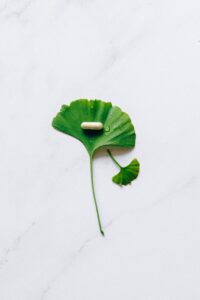What is self-medication?
It is defined by the World Health Organization (WHO) as "taking responsibility for one's own health and treating minor physical ailments by oneself.
Here are 4 key points of self-medication
Use over-the-counter medicines
A cold, headache, or stomach problems are common daily experiences.
Take over-the-counter cold remedies, headache remedies, stomach remedies, etc., and rest without overdoing it.
Maintain a regular lifestyle (daily health care)
The most important goal of self-medication is to lead a healthy life through daily health care. Continued irregular lifestyle, poor diet, and lack of sleep can lead to a decline in physical strength and resistance, which can lead to catching a cold and prolonged illness.
In addition, if daily inactivity accumulates over time, lifestyle-related diseases such as diabetes, dyslipidemia, and hypertension may develop. Be actively involved in taking care of your family and your own health.
Have accurate knowledge ~Utilize experts~
Insufficient knowledge of self-medication can lead to poor outcomes. Consult with your pharmacist or family physician to choose the right over-the-counter medication for your family and your condition.
Check your health and lifestyle habits
Self-medication cannot be practiced without knowing the health status of yourself and your family.
It is important to review your overall lifestyle while consulting with your family doctor, pharmacist, or other specialists about problems with the results of health checkups.
Recently, devices and reagents for measuring not only weight but also body fat, blood pressure, and urinary sugar are available at home, making it easier for people to manage their health on a daily basis.
By checking the values and their trends, we can increase our awareness of our health.
Citation and modification: Japan OTC Drug Association.



